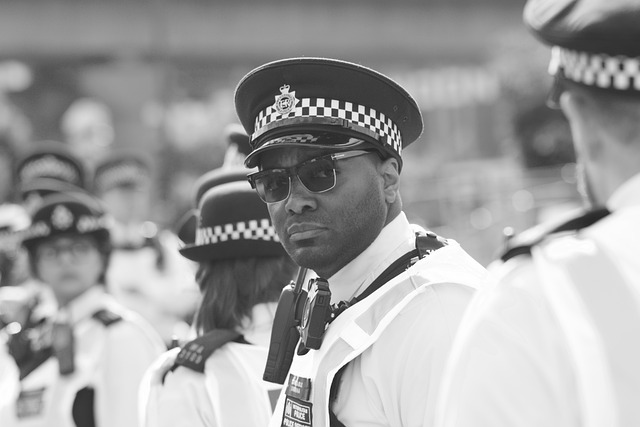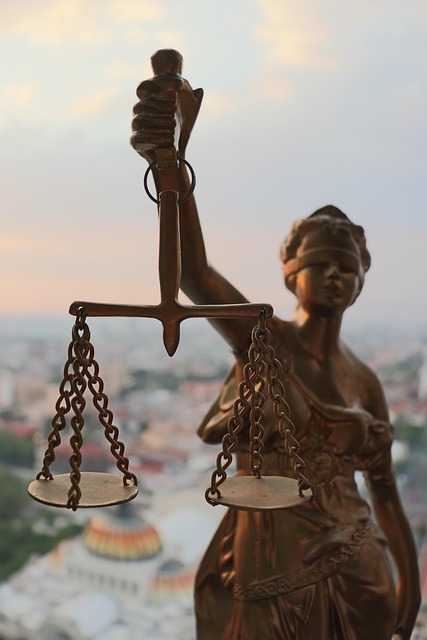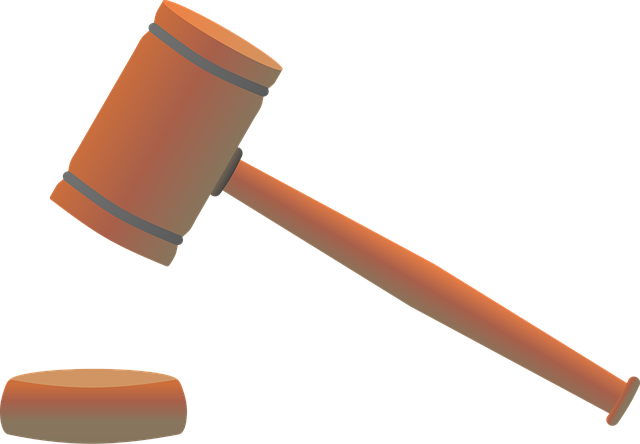Criminal law cases, focused on punishment and social order maintenance, differ from civil lawsuits. They involve violations of criminal statutes, with procedures including investigations, trials, and appeals. In unfair workplace practice cases, individuals can seek legal action through complaints to authorities or civil lawsuits for compensation, accountability, and deterrence. A specialized criminal defense attorney can significantly aid these cases, strategically planning with thorough investigations, complex procedural navigation, and understanding relevant laws. Strategic defense mechanisms, including challenging evidence admissibility and understanding business operations, are crucial for achieving just outcomes in both criminal and civil cases, especially regarding Legal Action for Unfair Workplace Practices.
“Delve into the intricate world of criminal law cases, where justice meets legal strategy. This comprehensive guide offers an in-depth look at various facets of criminal law. From understanding the fundamentals to navigating complex scenarios like ‘Legal Action for Unfair Workplace Practices’, it covers all. Explore key components and strategies that define a successful criminal case, providing insights into defense mechanisms and their role. Get ready to unravel the legal tapestry of criminal proceedings.”
- Understanding Criminal Law Cases: An Overview
- Legal Action for Unfair Workplace Practices
- Key Components of a Successful Criminal Law Case
- Strategies and Defense Mechanisms in Criminal Lawsuits
Understanding Criminal Law Cases: An Overview

Criminal law cases encompass a wide range of legal actions involving violations of criminal statutes. These cases differ significantly from civil lawsuits, as they are initiated by state or federal prosecutors on behalf of the public. The primary focus is not merely on compensation for harm but on punishment and deterrence to maintain social order. Criminal law involves intricate procedures, including investigations, arrests, grand jury proceedings, trials, and appeals, designed to ensure a fair balance between justice and individual rights.
Understanding these cases requires comprehending the legal definitions of crimes, the burden of proof, and the complex interplay of federal and state laws. An unprecedented track record of successful prosecutions in white-collar and economic crimes underscores the importance of navigating these cases skillfully. Avoiding indictment is a strategic goal for many defendants, as it can significantly impact their future opportunities. Therefore, recognizing the nuances of criminal law is crucial for both legal professionals and individuals facing such legal action for unfair workplace practices.
Legal Action for Unfair Workplace Practices

In cases of unfair workplace practices, a robust system of legal action provides employees with a means to seek justice and redress. When an individual believes they have been subjected to discrimination, harassment, or other unethical behaviors in their place of work, they are within their rights to pursue legal recourse. A general criminal defense attorney specializing in labor laws can guide victims through this complex process, ensuring their rights are protected.
These legal actions often involve filing complaints with relevant authorities and, if necessary, initiating civil lawsuits. The goal is not only to compensate the affected individual but also to hold the perpetrator accountable and deter future instances of such practices. An attorney with an unprecedented track record in defending clients against criminal charges related to workplace disputes can significantly impact these cases, advocating for their clients’ interests while upholding fairness and justice within the professional sphere.
Key Components of a Successful Criminal Law Case

Building a robust criminal law case requires strategic planning and a deep understanding of key components that can make or break the outcome. Firstly, a thorough investigation is paramount; gathering compelling evidence, including witness testimonies and physical clues, forms the backbone of any successful prosecution or defense. This process demands meticulous attention to detail and a methodical approach.
Additionally, navigating the complexities of legal procedures and regulations is crucial for a winning challenging defense verdict. Effective case management, robust argumentation, and a deep knowledge of relevant laws and precedents can significantly sway jury trials in favor of either party. Ensuring that all procedural steps are followed correctly enhances the overall strength of the respective business’s position, ultimately impacting the likelihood of achieving desired outcomes in criminal law cases.
Strategies and Defense Mechanisms in Criminal Lawsuits

In criminal lawsuits, strategies and defense mechanisms play a pivotal role in shaping the outcome of a case. Accused individuals or entities often employ a range of tactics to protect their rights and navigate the legal complexities. One common approach is to challenge the admissibility of evidence, ensuring that any information used against them is obtained legally and without violation of constitutional rights. Additionally, white-collar defense strategies focus on distinguishing between criminal intent and mere negligence, aiming for achieving extraordinary results in what can often be a labyrinthine legal process.
Legal action for unfair workplace practices may also arise from complex business dealings, requiring a nuanced understanding of both the respective business operations and the broader regulatory landscape. Defense mechanisms in such cases could involve questioning the motives behind accusations, presenting alternative explanations for alleged misconduct, and leveraging any mitigating circumstances that might apply. The ultimate goal is to ensure a fair trial, protect the rights of the accused, and foster a system where justice is not only served but also perceived as such by all involved parties.
Criminal law cases encompass a wide range of legal action, from understanding the fundamentals to navigating complex strategies. As highlighted, knowing the key components of a successful case is crucial for both plaintiffs and defendants. When it comes to unfair workplace practices, specific legal actions can help redress wrongs and ensure justice. By delving into these areas, individuals and organizations alike can better protect their rights and foster fair practices in the professional realm.






